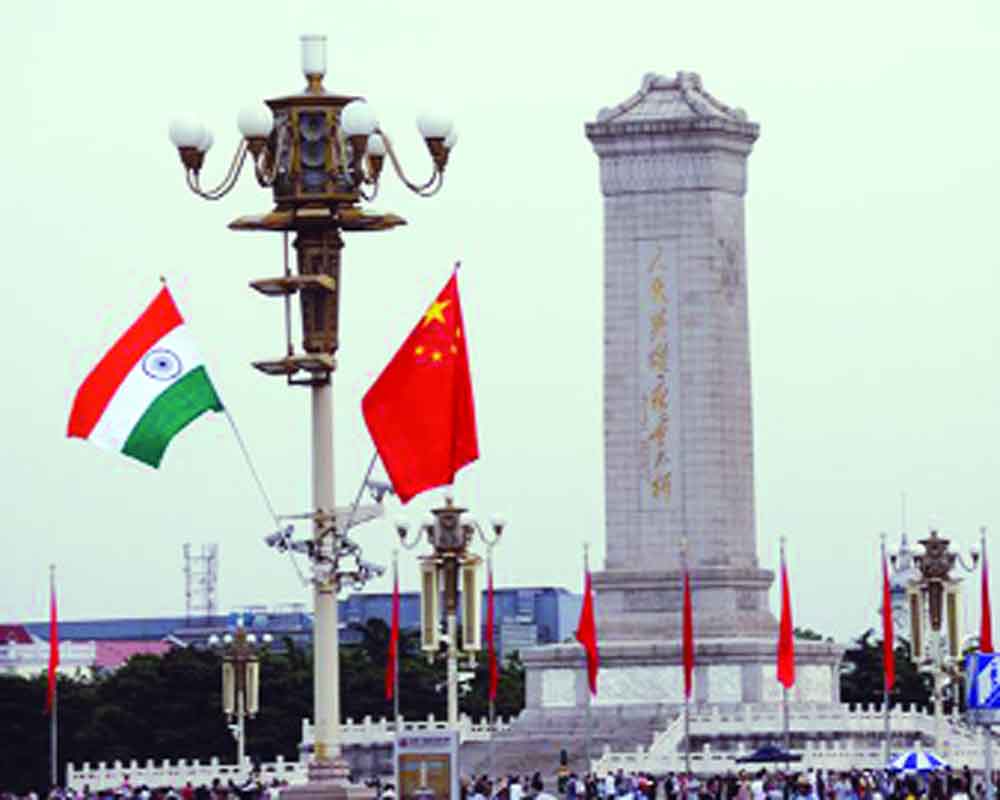India continues to boycott China’s flagship global project but opposition seems to be building elsewhere
Yesterday in the Maldives, former President Mohamed Nasheed won the parliamentary elections following the success of Ibrahim Mohamed Solih in ousting Yameen Abdul Gayoom for the Presidency. The victory of the Maldivian Democratic Party is very positive for India because Solih highlighted how the Maldives became a victim of China’s ambitious Belt and Road Initiative (BRI), leaving the island archipelago with massive debts towards our eastern neighbour. The BRI, which is a principal pillar of Chinese President Xi Jinping’s foreign policy, has, despite assurances from China, been seen as an enormous debt trap by more and more countries given the examples of the Maldives and the Hambantota port in Sri Lanka. Several major infrastructure projects funded by the BRI are being cancelled like in Malaysia and questioned elsewhere. Even in Pakistan, where the Chinese tap of money keeps flowing, there are fears that the country will become an economic colony of China.
And as India, the original dissenter to the policy, keeps watching events, all this seems to confirm the Ministry of External Affairs’ suspicions on the project, that the BRI is nothing more than a cynical ploy by the Chinese to effectively colonise smaller countries in the name of providing infrastructure. Just as consumers should be wary before any purchase, the Latin term caveat emptor, which basically means that the buyer should be aware, applies to nations too.They should have been warier of China’s promises of brand new infrastructure with long-term loans built by Chinese firms with huge expertise. What countries appear to be getting are several thousand Chinese workers working for Chinese companies building the infrastructure, which is often, like in the case of Hambantota, several times the needed amount. As happened in Sri Lanka, the country was unable to service the bill, a Chinese company stepped in to fill the void and just like that, it acquired a huge asset in Sri Lanka. This project will likely be worked by thousands of Chinese workers with few benefits to the local economy and possibly even become a future Chinese naval base. As for Sri Lanka, caught in a debt trap, it will be left with the distinct chance of losing its sovereignty on its southern tip. India has been right to warn other nations about the imperialist risks of the project and they are listening, with fewer and fewer countries wanting to take part officially in the BRI. But despite our objections, India itself runs the risk of being overwhelmed by Chinese products, with our trade deficit with the Asian giant linked to our buying everything from smartphones and televisions to plastic containers and car parts. This is indirectly fuelling the funds that China is diverting to BRI projects. So should India put its money where its mouth is and start acting tough on Chinese imports?


























